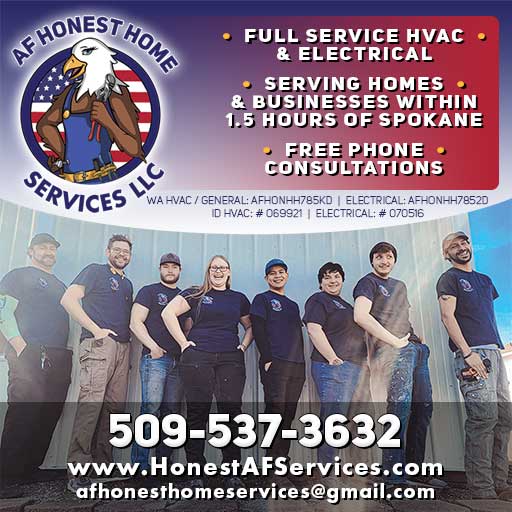When I was a little girl I got super excited when I got to stamp the packages. I’d stand in the cold building, stained white cotton gloves, floppy on my little hands, the scent of bleach and blood assaulting my nostrils, and the concrete floor jarring my stance for hours. I’d shift my weight from foot to foot. A little rhythmic sway, as I balanced on the plastic milk crate I used as a stool. Little white paper packages were lined up in front of my station and I’d stamp them with the date, species and cut. Then I carefully stacked the neatly wrapped meat packages up in old plastic milk crates to be placed in the freezer.
My family owned a wild meat processing business and by the time I was old enough to stamp and then wrap the packaged meats, it was used for mostly family personal use.
I remember walking into the hanging cooler and watching the carcasses of skinned elk, deer and once, even a cougar. I remember how odd the animals looked as they hung rigid under the fluorescent light above, no feet or heads, just shiny silver skin and muscle, white tendons and bones.
The smell is something that has stuck with me. It’s not rotten or abrasive. It’s not pleasant or wholesome either. The smell of death and meat and vinegar and bleach, the scent of bone and the dampness that never seemed to leave the insulated building, I can smell and feel it still if I close my eyes long enough on a crisp fall day.
Now, a few decades later, my husband and I have a small meat processing building and cooler built behind our work shop. When I open the door, my memory is flooded with a feeling of home. It smells like I remember, and though it’s tiny, it has a similar cozy feel to it. The only thing missing are stamps and my dad standing near, letting me know I’m moving too fast or too slowly.
For several years we fed our family on meats we harvested ourselves with hunting as a core value. We involved our little ones in the processing of the meats and its difficult to describe the pride I felt when my eldest son was able to be the one to mark the tidy butcher paper packages.
As the years filled our home with more mouths to feed, we realized the time investment required for sportsman-like hunting just wasn’t something we could prioritize. And that’s around the time we discovered the amazing world of picking up roadkill.
Sure, its a thing of jokes to a some but for us, filling our freezer with fresh wild game became more important than where the animal came from. We found that in picking up animals, we felt more freedom to take risks with our packaging and cuts. We wrapped tenderloins in bacon and bbq’d it. We ground far more burger than we had in the past and we were much more choosy about the trimming of our steaks.
Our children learned about anatomy, death and how to skin a deer with an ATV. They learned that its possible to drive to the mountains with a roadkill deer in the hatch of a Suburban filled with children. They watched their mother skin the same deer in the freezing cold while wearing their grandmother’s yellow kitchen gloves.
While meat alone isn’t much to some, for others the honest acquisition of the meat and foods they eat is part of a lifestyle of respect for the land and a deep appreciation of the stewardship of natural resources. Hunting, fishing, picking up roadkill and farming – all bring us closer to the base level of life. The foundation.
My father still processes game in the same meat shop my grandfather taught me how to stamp packages, pick hair off a hanging carcass and where he made cured meats and processed the community’s hunting season harvests.
Hunting is still a part of my life, though neither my husband or I have been out to hunt seriously in several years, it’s still there – humming in our souls when Autumn fades in from Summer and we feel the cycles of the life in the forest. It’s more than a hobby or even a sport. It’s a part of family culture and of heritage that builds understanding and allowance for the natural rhythms of life. Its more than the act of harvesting an animal from the wild. Hunting can be a spiritual connection to the primal self.
As much as the harvest is a connection to the natural world, so has been my experience of the salvage of animals that have been killed on roadways. I wouldn’t have thought this would be such a moving experience but knowing the animal would either rot, feed scavengers or feed my family, helps me be present to the delicate balance of our world.
The balance of things can be so easily tipped. We are grateful each time we get to wrap up tidy butcher paper packages and fill our freezer. We are grateful for the abundance we are surrounded by and we are active in resource management so our children can experience the tradition of harvesting and processing their own life-sustaining meats.

Amber Jensen is an author, journalist and freelance copywriter specializing in pieces that highlight the human condition as connection and contribution. She hails from small-town Idaho and makes her chaotic home on a piece of dirt in Eastern Washington, with her adventure-seeking husband and four wild children. Learn more about Amber by visiting www.amberjjensen.com


